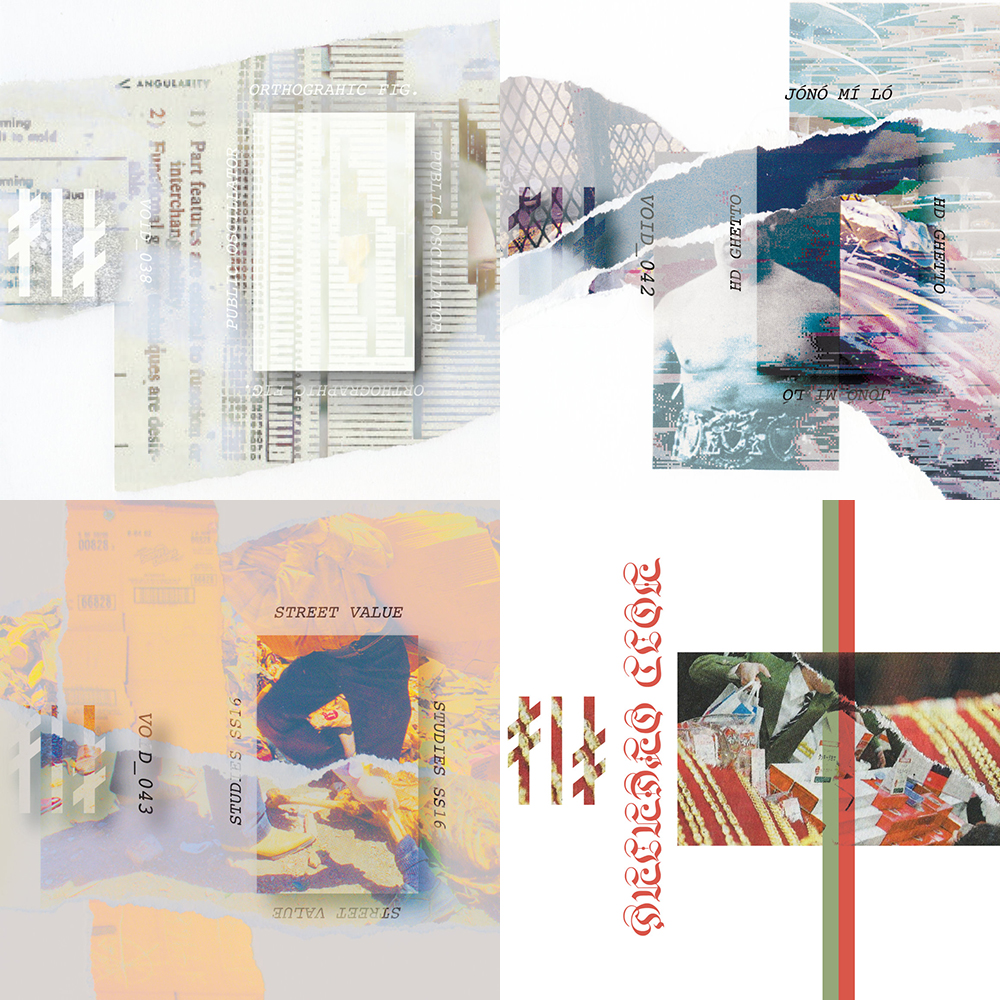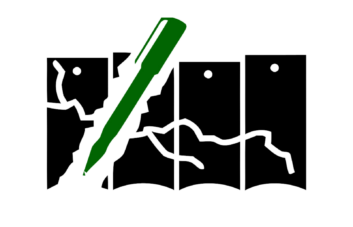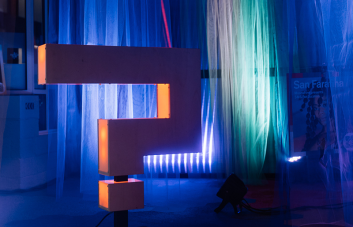Pastel Voids is a label split between Portland and NYC. They’re informed by DIY methods and aesthetics, releasing tapes and CDRs, always operating with an individual and personal approach. Like many tape labels, they typically release a glut in one go, so it can be a lot to take in at once, hence the delay in coverage of their latest batch, which dropped in July. One piece online said Pastel Voids was “a collective based around the idea of music as a coping mechanism”. That’s more and more the case for many of us, both in the creation and consumption of music, the daily terrors of life, personal and political, and home and abroad, never far from one’s mind.
The first that really stuck with us was from Drew LaBarre’s Orthographic Figure project. It’s called Public Oscillator, and it’s a five-track tape of electronica-tinged house music. “Rotation Study” is its blissful opener, with arpeggiated synth patterns shooting to the skies as bubbles float on the surface below. “Dimet Objet” sails off with spoken word samples and a simple chord pattern and inverse bass line that are embellished by a series of dancing melodies. The title track stops and starts like a walkman cutting out on the train, jamming back into its eponymous gurgling machine music. Break-neck stuff, it shimmies around your brain while you’re forced to shake that leg, a voice crying “move your body” amidst mechanical fluctuations. “Block Expand” is a mite gentler, though no less hurried. A strange whining theme leads the way, but balmy synths take over, washing over the track like surf. The chunky stomp of “94” closes the tape, all 11 minutes of it. While a solid bass kicks throughout, the track goes through different movements, from repeated tones to mobile phrases, finally drifting off listlessly into space.
Jónó Mí Ló’s HD Ghetto is an entirely different beast. Starting with a kind of 80s-inflected hip-hop boogie, “Babu” is the sound of Hollywood fluff where romance lands on Wall Street, but chopped and relooped in unfamiliar fashion. Its title track is looped sax over musty house beats, while “Theme from New Wprld” is a fury of claps and “Step 2” is a Roulé chugger that never made the cut. That track is seemingly repurposed and refashioned on closer “エキゾチックな広告の里通り_”, which translates roughly as “Sato Street of the exotic billboards”, or perhaps “The Exotic Advertising on Satou Dori”, an appropriately ambiguous way to finish the tape.
Street Value is a new project from label boss Charlie Perez (who also records as Metropol), influenced by early noughties techno. Studies SS16 is both murky and invigorating, like a bottle of Lucozade that’s covered in dust. Each track is untitled, and the tape moves from wide-eyed flurries of synth to thick slabs of noise, a rhythm barely discernible through the fog. At times it feels like a concert recorded on an old dictaphone in your pocket, the joy of the rave captured more in the memories associated with the recording than on the tape itself. (Incidentally, Metropol has since released the hard and heavy FOR MORE HMU @MXTRXPXL, representing the culmination of a series of live sets over the preceding year.)
Similarly thick and abrasive is the marvellously titled May Your Children Turn Their Faces From You from Void Opening. Four hefty tracks of sonic punishment, it begins with a rhythmic pulse that pushes through a wall of distortion, which simply grows and grows, devolving into a mass of earthy sludge. Things continue in this vein, like Street Value’s dictaphone set but recorded from the basement, levels askew and melody eschewed. A screaming melody appears at last in the fourth track, a kind of release after the preceding terror.
Given these aren’t even all the tapes released at one time, it is a lot to take in, as stated. That said, each tape is a succinct and approachable insight to the label’s methods, alternatively scattershot and focused as they may be.



